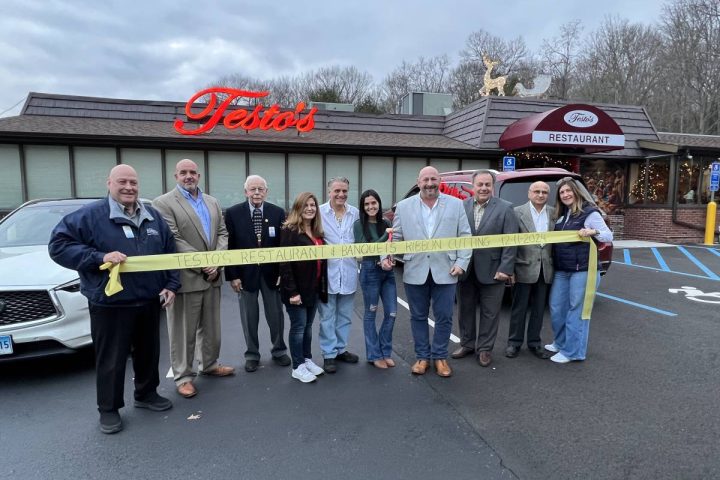MONROE, CT — As applications to restore and revitalize industrial land at 64 Cambridge Drive and 4 Independence Drive are reviewed before town land use boards, the developer filed a lawsuit against the town appealing the Zoning Board of Appeals decision to uphold a cease and desist order barring earth work activity on the properties.
Zoning Enforcement Officer Joseph Chapman issued the cease and desist order on June 24, because the developer’s special exception permit allowing earth work activity had expired on March 21.
But in the lawsuit filed on Sept. 22 at the Superior Court in Bridgeport by attorneys Patricia C. Sullivan and Philip C. Pires of Cohen and Wolf, P.C., the plaintiff, Astro Land Holdings LLC, contends an executive order by Gov. Ned Lamont extended the life of the permit.
In response to the COVID-19 pandemic, Lamont issued the executive order No. 7JJ in May, entitled, “Tolling of Land Use and Building Permits,” which says any permit that was valid as of March 10, 2020 “shall not lapse or otherwise expire during the state of emergency, and the expiration date of the approval shall toll during the state of emergency.”
The order will remain in effect until Connecticut’s state of emergency ends on February 9, 2021, according to the lawsuit.
Arnold Karp bought the land on Cambridge Drive as Astro and on Independence Drive as Spacely Land Holdings LLC. Chapman’s order cited the same alleged violations on both properties, claiming the land was being used as a commercial quarry without a permit, with the unauthorized import and export of earth and building materials.
The cease and desist also cited the owner for non-permitted discharge into the Pepper Street Section 2 Stormwater Management Basin and a lack of erosion and sedimentation controls.
The Zoning Board of Appeals conducted a hearing on Astro and Spacely’s appeal on July 22 and issued a denial on Sept.1.
“The action of the Zoning Board of Appeals in denying the Appeal was illegal, unlawful, arbitrary, capricious, and/or an abuse of the power and authority” vested in the board pursuant to Connecticut General Statutes, the lawsuit states.
The plaintiff contends:
- The special exception permit remains in effect in accordance to the governor’s executive order;
- The ZBA did not make required findings of fact to support its decision;
- The cease and desist order treated the Astro property and Spacely property as one property in violation of the common law doctrine of merger and the zoning regulations;
- The board violated the plaintiff’s due process by failing to explain the reasoning behind the denial of the appeal;
- The cease and desist order was “unconstitutionally vague” under the U.S. and Connecticut State constitutions;
- The ZBA selectively enforced the zoning regulations against the plaintiff, but not against property owners in similar situations;
- The zoning enforcement officer discriminated against Spacely Land Holdings;
- The ZBA prejudged the matter in violation of the plaintiff’s right to due process;
- The ZBA’s decision was not supported by substantial evidence in the record.
Astro Land Holdings claims it was “specifically and injuriously” affected by the ZBA’s decision.
The legal action asks the court to sustain the appeal in favor of the plaintiff, to enter an order finding the ZBA’s action in denying the appeal to be “unlawful and null and void” while directing the board to grant the appeal, to vacate the cease and desist order, to award the plaintiff for the costs of its appeal and any further relief the court deems just and proper.






